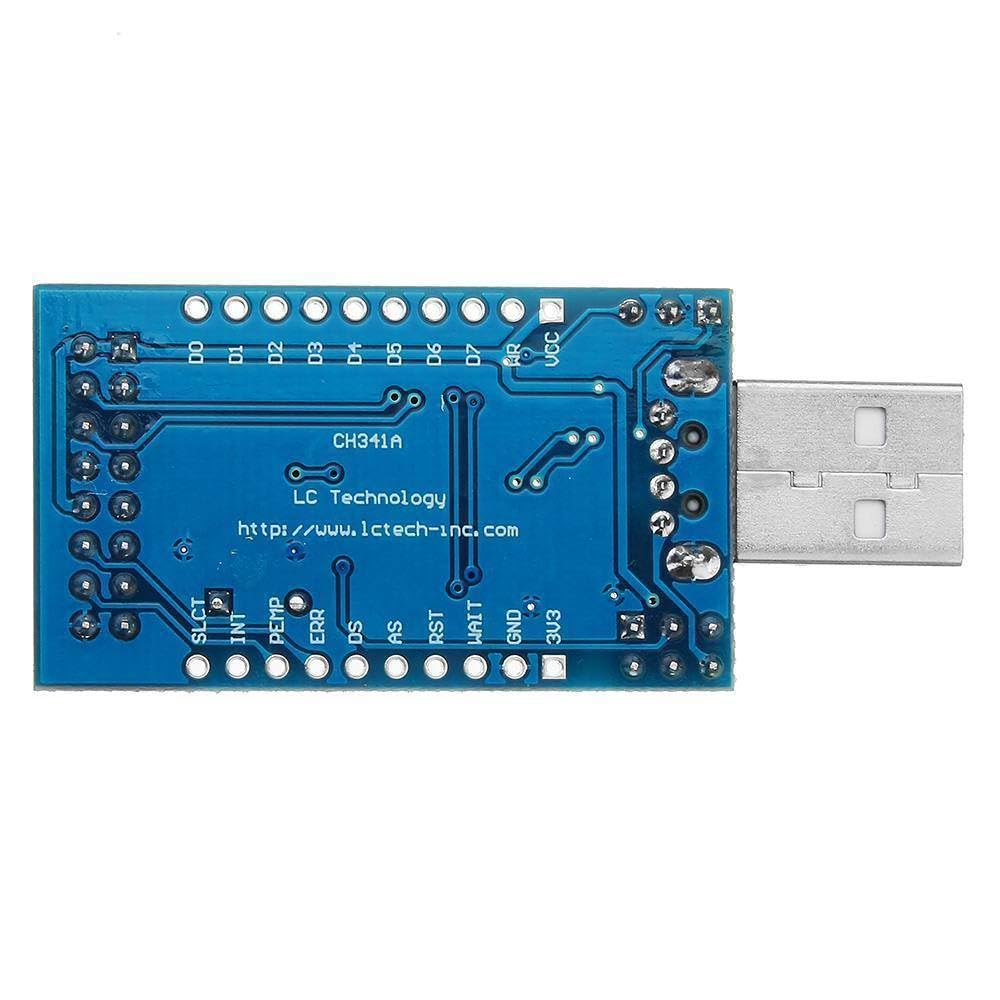




Price: $24.05
(as of Apr 06, 2025 07:20:28 UTC - Details)
The Best ISP: Your Guide to Finding the Perfect Internet Service Provider
Introduction
In today’s digital age, having a reliable internet connection is more crucial than ever. Whether you're streaming your favorite shows, working from home, or gaming online, the quality of your Internet Service Provider (ISP) can make all the difference. In this comprehensive guide, we will explore the best ISPs available, ensuring you can make an informed decision. We'll discuss various factors to consider, including speed, reliability, customer service, and pricing. By the end of this article, you’ll have all the information you need to choose the best ISP for your needs.
Understanding Internet Speeds
When it comes to choosing an ISP, one of the most important factors is internet speed. Many users wonder, "What internet speed do I need?" The answer varies depending on how you use your internet.
For casual browsing and streaming on one or two devices, a speed of 25 Mbps might be sufficient. However, if you have a large family or frequently use multiple devices for activities like gaming or video conferencing, you might want to consider plans offering 100 Mbps or more.
What Impacts Internet Speeds?
Several factors can impact your internet speed. These include:
- Type of Connection: Fiber-optic connections typically offer the fastest speeds, followed by cable, DSL, and satellite.
- Network Congestion: The time of day can affect speeds, as more users online can slow down your connection.
- Equipment: The quality of your modem and router also plays a significant role in how fast your internet feels.
Understanding these elements can help you choose an ISP that offers the best speed for your specific needs.
Reliability: The Backbone of Your Connection
Next, let’s talk about reliability. There’s nothing more frustrating than an internet connection that drops out during an important video call or while you’re in the middle of a gaming session. When looking for the best ISP, check their uptime guarantees.
What to Look For in Reliability
- Customer Reviews: Read reviews from current customers about their experiences with reliability.
- Service Outages: Research if the provider has a history of frequent outages or maintenance issues.
- Support Availability: A reliable ISP should have customer support that’s readily available to resolve any issues.
By focusing on these aspects, you can ensure that your internet connection remains stable and dependable.
Customer Service: A Key Component
Good customer service can often be the deciding factor when choosing an ISP. No one wants to deal with long wait times and unhelpful representatives when issues arise.
What Makes Great Customer Service?
- Accessibility: Look for ISPs that offer multiple ways to get in touch, such as phone, chat, and email.
- Response Time: Check how quickly they respond to customer queries and issues.
- Technical Support: Ensure that they have knowledgeable staff who can assist with technical problems.
Investing in an ISP with strong customer service can save you time and frustration down the road.
Pricing: Finding the Best Value
While speed and reliability are crucial, pricing is also a significant factor to consider. Everyone wants the best deal possible, but be wary of prices that seem too good to be true.
Understanding ISP Pricing Structures
- Promotional Rates: Many ISPs offer promotional rates for the first year, but be sure to check what the regular rates will be after that period.
- Hidden Fees: Look for additional fees that may not be included in the advertised price, such as installation charges or equipment rental fees.
- Contract Length: Some ISPs require long-term contracts, while others offer flexibility. Make sure you understand the terms before committing.
By comparing pricing structures, you can find an ISP that offers the best value for your budget.
Types of Internet Connections
Different ISPs offer various types of internet connections. Understanding these can help you choose the right one for your needs.
Common Types of Internet Connections
- Fiber-Optic: Offers the fastest speeds and is ideal for heavy users.
- Cable: Widely available and reliable, but speeds can vary.
- DSL: Good for rural areas, but generally slower than cable and fiber.
- Satellite: Available almost anywhere but often has higher latency and lower speeds.
Knowing which type of connection is available in your area can help you make an informed choice about your ISP.
Bundled Services: Convenience and Savings
Many ISPs offer bundled services that include internet, television, and phone services. This can be a great way to save money and simplify your bills.
The Benefits of Bundling
- Cost Savings: Bundling services can often lead to lower monthly bills.
- Simplified Billing: One bill for multiple services can make managing your finances easier.
- Promotional Offers: ISPs often provide discounts for bundled services.
Before committing to a bundle, assess your usage to ensure it meets your needs without paying for unnecessary services.
Conclusion
Choosing the best ISP requires careful consideration of various factors, including speed, reliability, customer service, pricing, and the type of connection. By understanding these elements, you can confidently select an ISP that meets your needs. Remember, a reliable internet connection is essential for both work and play, so take the time to do your research. In the end, the best ISP for you is one that combines excellent speed, dependable service, and fair pricing. With this guide, you're well-equipped to find the perfect internet provider for your home or business.
CH341A USB To UART IIC TTL ISP EPP/MEM Parallel Port Converter Module Onboard Operating Indicato
